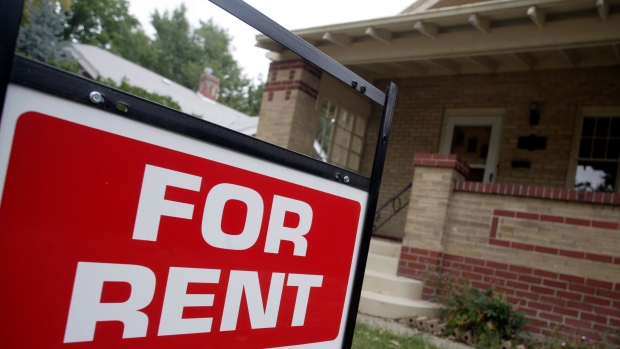May 17, 2018
Pattie Lovett-Reid: 5 things to consider before becoming a landlord

I’ll never own a home in an urban centre, and I’m okay with that.
I hear this so often from those thinking the housing market, while cooling, will never cool enough. Those same people figure the only option is to leave town to buy or never own, convincing themselves they are left with little alternative.
Not so fast. A new poll from CIBC suggests if there is a will there is a way.
Fifty-four per cent of millennial homeowners are opting for an income property. Before you scoff at the idea, or if you think being a landlord isn’t worth the trouble, you might want to reconsider. The poll found those who own a separate rental property earn on average $2,189 per month – that’s a whopping 50 per cent more than their monthly costs. For those who rent out a portion of their home, savings can be as much as 70 per cent, according to CIBC.
This can be a brilliant strategy given the high cost of housing and a growing appetite to create an additional revenue stream. Sure, this doesn’t come without challenges. You need to find the right renter, price it appropriately, there will be ongoing maintenance costs, and as landlord, you really are always on call. However, if your dream is homeownership, this can be financially advantageous.
It isn’t for everyone though. Eighty per cent of homeowners surveyed agree that while renting out space in their home makes financial sense, they don’t want to give up their time and privacy to do it. Another 30 per cent say their top concern is dealing with unexpected costs for maintenance and repairs.
Keep in mind financially rewarding doesn’t necessarily equal easy money.
According to Jamie Golombek, managing director, tax and estate planning with CIBC, there are five hacks to consider before becoming a landlord:
1. Be clear about your income expectations. You’ll have to pay tax on rental income and expect to spend one to two months of rental income on property maintenance and repairs.
2. Invest in the location and quality of your space to attract quality tenants.
3. Understand your legal obligations as a landlord as well as zoning and insurance issues for renting out your space.
4. Be prepared to spend time and energy addressing tenant concerns promptly.
5. Stay organized and keep records of all rental expenses.
Finally, the poll found 69 per cent of landlords admit to discounting rent to family and friends. Be careful, because this could limit your ability to deduct expenses or claim a loss. I’m not suggesting this isn’t a nice thing to do – or even the right thing to do – but if you are looking for your rental property to be financially lucrative, strip out the emotion and treat it like a business.






